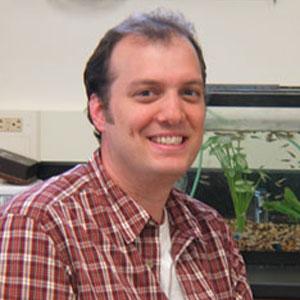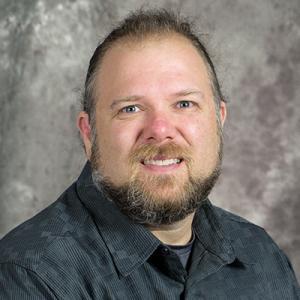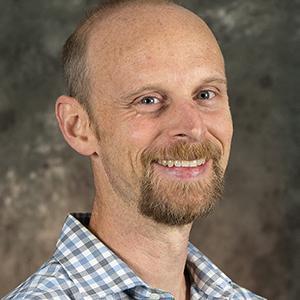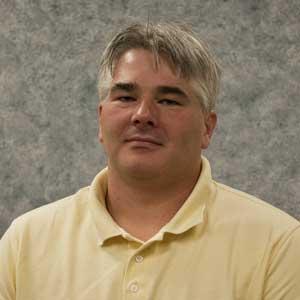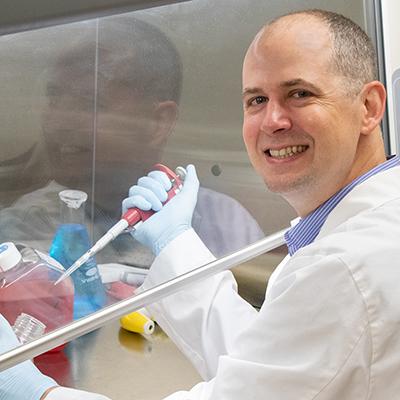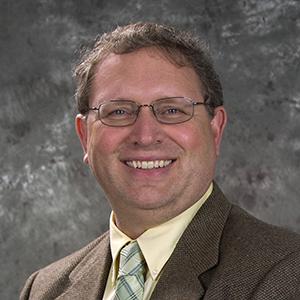Preparing students—with close advising and mentorship—for a diversity of health-related careers.
Program Information
Viterbo’s pre-health program prepares students for careers in a variety of health-related fields. Students get hands-on experience with modern equipment and techniques, and benefit from research and internship opportunities. Viterbo has collaborated with several professional and graduate schools, allowing students to gain acceptance to these select programs while completing their undergraduate degree. Our current Early Acceptance Programs (EAPs), detailed on the Pre-Health Articulation Agreements page, include pathways to pharmacy, osteopathic medicine, dentistry, and chiropractic programs. Professional program entrance support is provided by the faculty-led pre-health committee, which works closely with individual students to assist them in reaching their goals. Our graduates have a 95%+ acceptance rate into health-related professional schools and graduate programs (compared to a national student acceptance rate of 40–60%). These tracks requires the selection of a major
Research and Internship opportunities
Acceptance rate into health care professional programs
Faculty-led pre-health committee
Pre-Health
Pre-Medicine (Allopathic/Osteopathic)
Pre-Anesthesiologist Assistant
Anesthesiologist assistants are highly educated allied health professionals who work under the direction of an anesthesiologist to help implement the anesthetic plan as prescribed by the anesthesiologist. Anesthesiologist assistants are trained through master’s degree professional programs in the delivery and maintenance of quality anesthesia care as well as advanced patient monitoring techniques. Anesthesiologist assistants can be thought of as similar to physician assistants, except that they work exclusively with anesthesiologists and practicing independently or in a primary care setting is NOT included in the Anesthesiologist assistants' scope of practice. Anesthesiologist assistants usually practice in a hospital setting that uses an Anesthesia Care Team approach and are always supervised by anesthesiologists. This track requires selection of a major.
Pre-Audiologist
Audiologists examine individuals of all ages and identify those with the symptoms of hearing loss and other auditory, balance, and related sensory and neural disorders. They then assess the nature and extent of the dysfunction and assist patients in the treatment and management of their disorder. Audiologists earn the Doctor of Audiology (Au.D.) degree, as this is the entry level degree for clinical practice. This track requires selection of a major.
Pre-Chiropractic
Pre-Clinical/Medical Laboratory Scientist
Pre-Dentistry
Pre-Genetic Counselor
Genetic counselors are professionals who have specialized education in genetics and counseling to provide personalized help patients may need as they make decisions about their genetic health and how genetic conditions may affect their families. Genetic counselors have advanced training in medical genetics and counseling to interpret genetic test results to guide and support patients. Genetic counselors typically receive a bachelor's degree in biology, social science or a related field, and then go on to receive specialized training via a Master's degree in genetic counseling. This track requires selection of a major.
